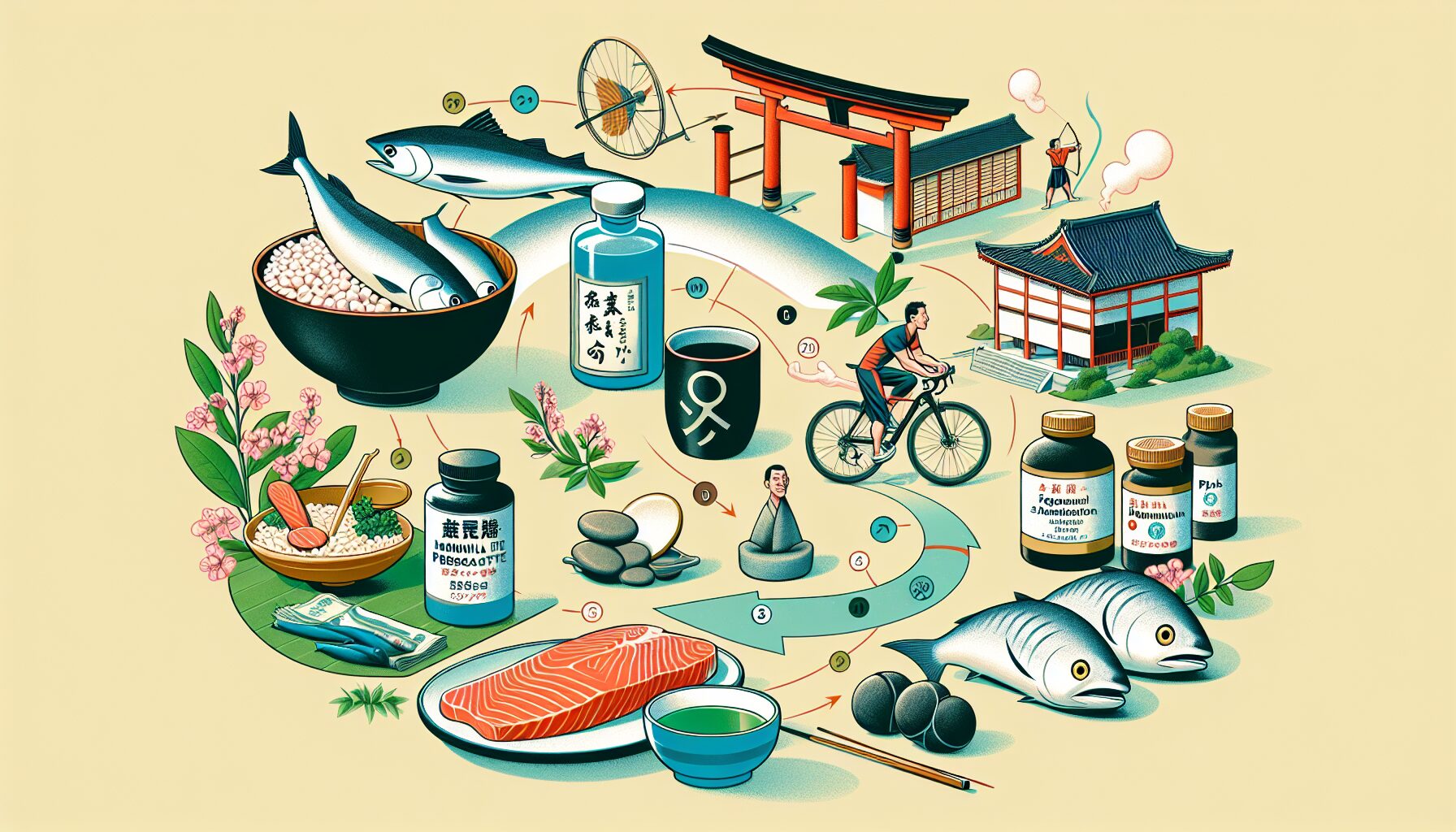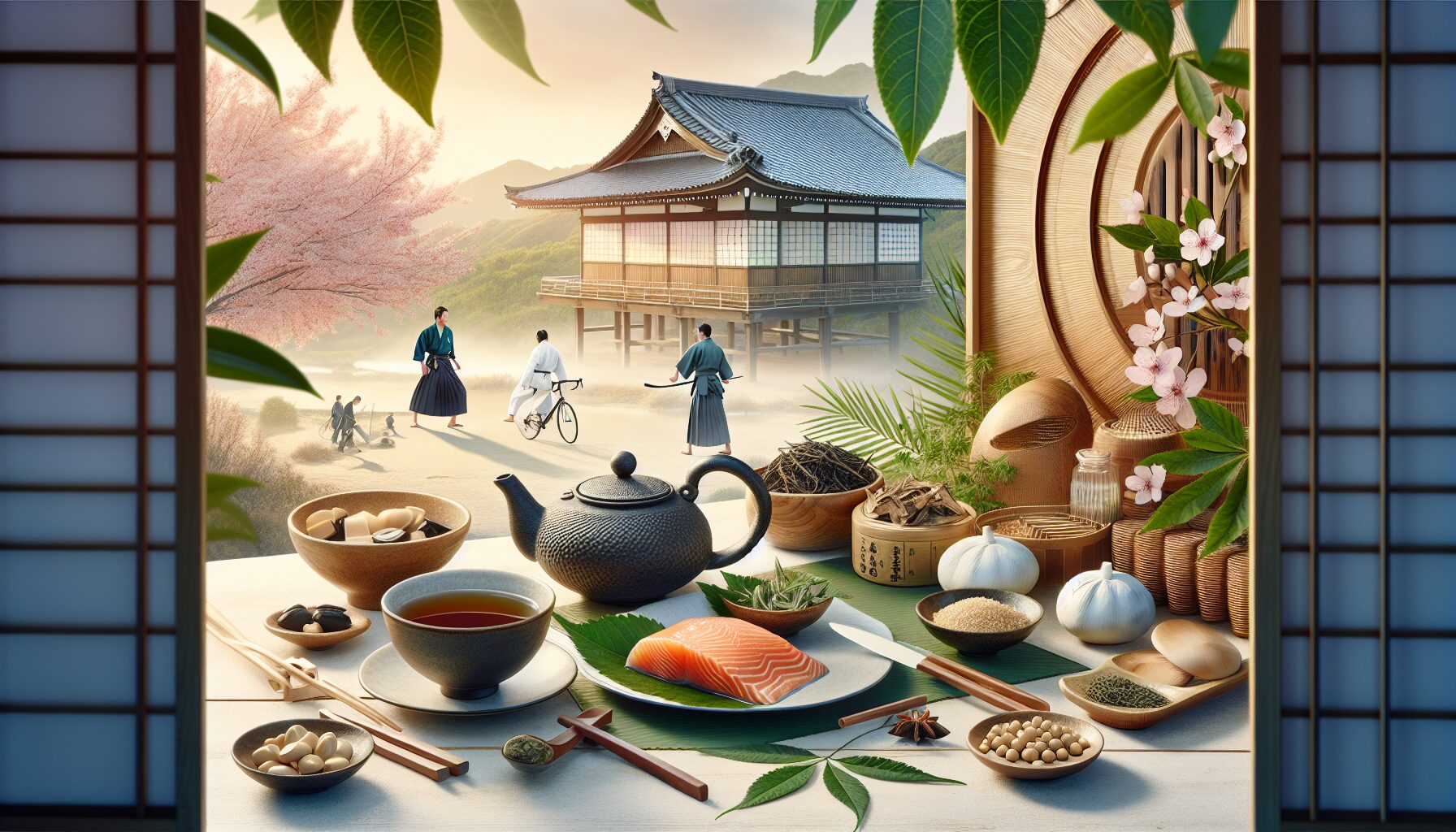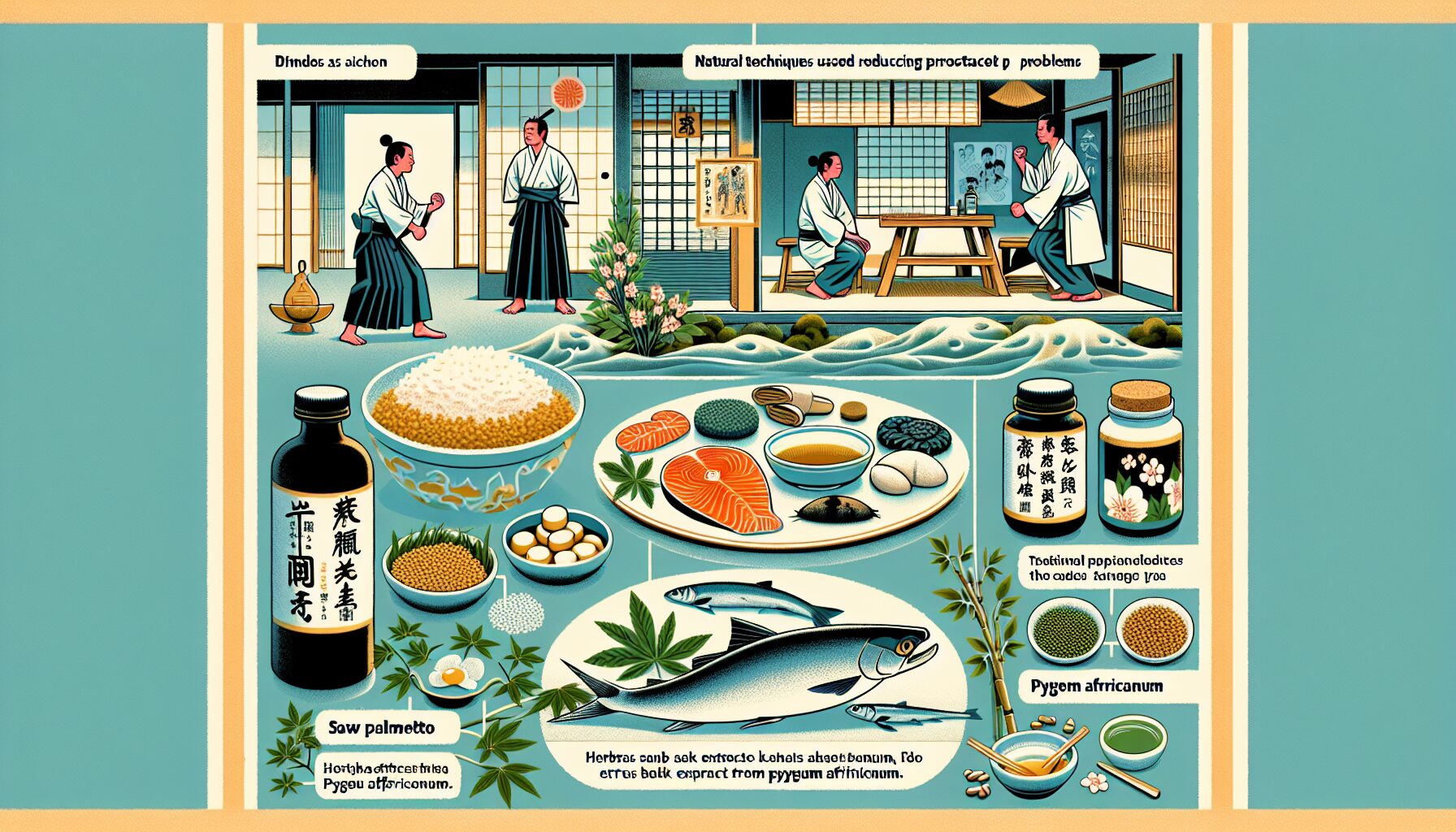Unlocking the Secrets: How the Japanese Shrink the Prostate Naturally
In a world where medical advancements continue to push the boundaries of what’s possible, it’s fascinating to see how traditional methods hold their ground. Japan, a nation revered for its longevity and holistic approach to health, has been quietly mastering the art of shrinking the prostate naturally. This article dives into the techniques and lifestyle choices that have contributed to their success, offering valuable insights that could benefit men worldwide.

The Prostate Problem
Before delving into the Japanese methods, it’s essential to understand why prostate health is crucial. The prostate is a small gland located below the bladder in men, playing a significant role in reproductive health by producing seminal fluid. As men age, it’s common for the prostate to enlarge, leading to benign prostatic hyperplasia (BPH). Symptoms include frequent urination, difficulty starting and stopping urination, and incomplete bladder emptying. While not life-threatening, BPH can significantly impact the quality of life.
The Japanese Way: A Holistic Approach
# Diet: The Cornerstone of Prostate Health
The Japanese diet is a treasure trove of nutrients known for their health benefits. Rich in fish, vegetables, soy products, and green tea, it provides an array of compounds that promote prostate health.
1. Fish and Omega-3 Fatty Acids
Fish, particularly fatty fish like salmon, mackerel, and sardines, are staples in the Japanese diet. These fish are high in omega-3 fatty acids, which have anti-inflammatory properties. Chronic inflammation is a contributing factor to BPH, and omega-3s can help reduce this inflammation, potentially slowing prostate enlargement.
2. Soy Products
Soybeans and their derivatives, such as tofu and miso, are another cornerstone of the Japanese diet. Soy contains isoflavones like genistein and daidzein, which have been shown to inhibit the growth of prostate cells. Studies suggest that men who consume higher amounts of soy have a lower risk of developing BPH.
3. Green Tea
Green tea is more than just a beverage in Japan; it’s a daily ritual. Rich in catechins, particularly epigallocatechin gallate (EGCG), green tea has potent antioxidant properties. Research indicates that EGCG can inhibit the proliferation of prostate cells and may even induce apoptosis (programmed cell death) in abnormal cells.
# Traditional Medicine: Kampo
Kampo is traditional Japanese herbal medicine rooted in Chinese medicine but adapted over centuries to suit Japanese needs. Kampo formulations often include multiple herbs working synergistically.

1. Saw Palmetto
Saw palmetto is a well-known herb used worldwide for prostate health. In Kampo medicine, it’s commonly used due to its ability to inhibit 5-alpha-reductase, an enzyme responsible for converting testosterone into dihydrotestosterone (DHT). DHT plays a crucial role in prostate enlargement.
2. Pygeum Africanum
Another herb often found in Kampo formulations is Pygeum Africanum. Extracts from this tree’s bark have been shown to improve urinary symptoms associated with BPH by reducing inflammation and promoting healthy urine flow.
# Lifestyle Choices: Exercise and Mindfulness
The Japanese lifestyle extends beyond diet and medicine; it encompasses physical activity and mental well-being.
1. Regular Exercise
Regular physical activity is integral to Japanese culture, whether it’s walking, cycling, or practicing martial arts like Kendo or Aikido. Exercise helps maintain hormonal balance and reduces obesity—both risk factors for BPH.
2. Stress Reduction
Mindfulness practices such as meditation and yoga are gaining popularity in Japan. Stress can exacerbate BPH symptoms by increasing muscle tension around the bladder neck and urethra. Mindfulness practices help manage stress levels, contributing to overall prostate health.
Scientific Backing
It’s one thing to follow traditional practices; it’s another to have scientific validation supporting these methods. Numerous studies back up the efficacy of these natural approaches:
– A study published in the “Journal of Nutrition” found that men consuming higher amounts of soy had a significantly lower risk of developing BPH.
– Research from “Cancer Science” highlighted the role of EGCG from green tea in inhibiting prostate cancer cell growth.
– Clinical trials have demonstrated that saw palmetto effectively reduces urinary symptoms associated with BPH without adverse side effects.

Integration into Western Practices
The success of these Japanese methods opens up avenues for integrating them into Western medical practices. Physicians can consider recommending dietary changes that incorporate more fish, soy products, and green tea. Additionally, they can explore Kampo herbs as complementary treatments alongside conventional medications.
Conclusion
Japan’s approach to shrinking the prostate naturally offers a compelling blend of diet, traditional medicine, and lifestyle choices backed by scientific research. By adopting some of these practices—such as incorporating more omega-3 rich fish into your diet or enjoying a daily cup of green tea—you can take proactive steps towards better prostate health.
Incorporating these time-tested methods provides a holistic way to manage prostate health effectively. While modern medicine continues to evolve rapidly, sometimes looking back at traditional wisdom offers surprisingly effective solutions for contemporary health issues.

GIPHY App Key not set. Please check settings